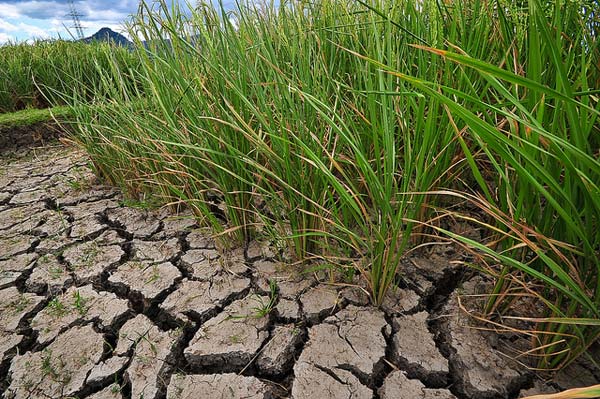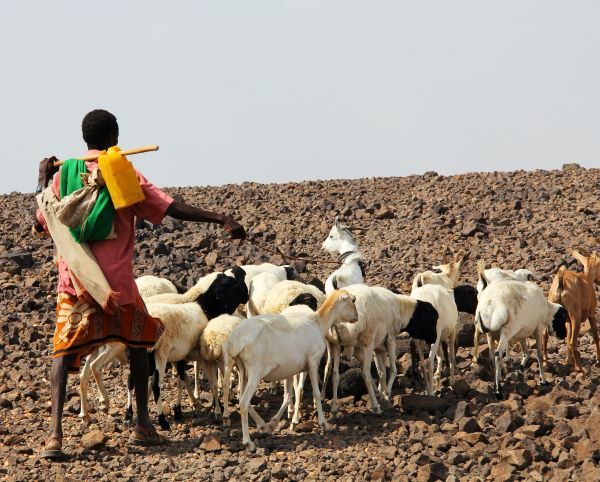The County government of Taita Taveta has introduced drought-tolerant rice varieties to farmers, a move which aims to reap better yields this year.
According to the county Agriculture executive, Dr Davis Mwangoma, the new variety would triple rice production in the area from the current 4,600 tonnes to 12,000 tonnes per year. The new variety also meets the food and nutrition demands of both local and international markets. Rice is the main cash crop in Taita sub-county.
The crop was introduced to the area by the white settlers to feed the British soldiers who were fighting the Germans from Tanzania during the First World War. Mwangoma said the new variety would be produced for the mass market to reduce the county and country’s reliance on imports.
Non-traditional rice growing areas
The variety can also be grown in non-traditional rice growing areas as it requires less water, making it suitable for both irrigated and rain-fed lowland areas.
“We are set to triple the rice production annually in a bid to achieve the nutrition, food security and income of the local community,” Mwangoma said.
The CEC said the county was working with the Kenya Agriculture and Livestock Research Organisation (KALRO) and Taita-Taveta University (TTU) for sustainability purposes.
“The county administration in collaboration with TTU is also carrying out performance trials of the best-suited rice variety in the whole county. The varieties include rain-fed upland rice and paddy rice which relies on irrigation,” he said.
Currently, local farmers grow Japan and Saro series rice varieties, said Mwangoma, adding the new variety comes as the county is still grappling with persistent food shortages.
“We have also partnered with the national government in developing a mechanism to not only produce more rice in the area but also salvage farmers from exploitation by middlemen who have been purchasing the produce cheaply and selling at exorbitant rates,” said Mwangoma.









